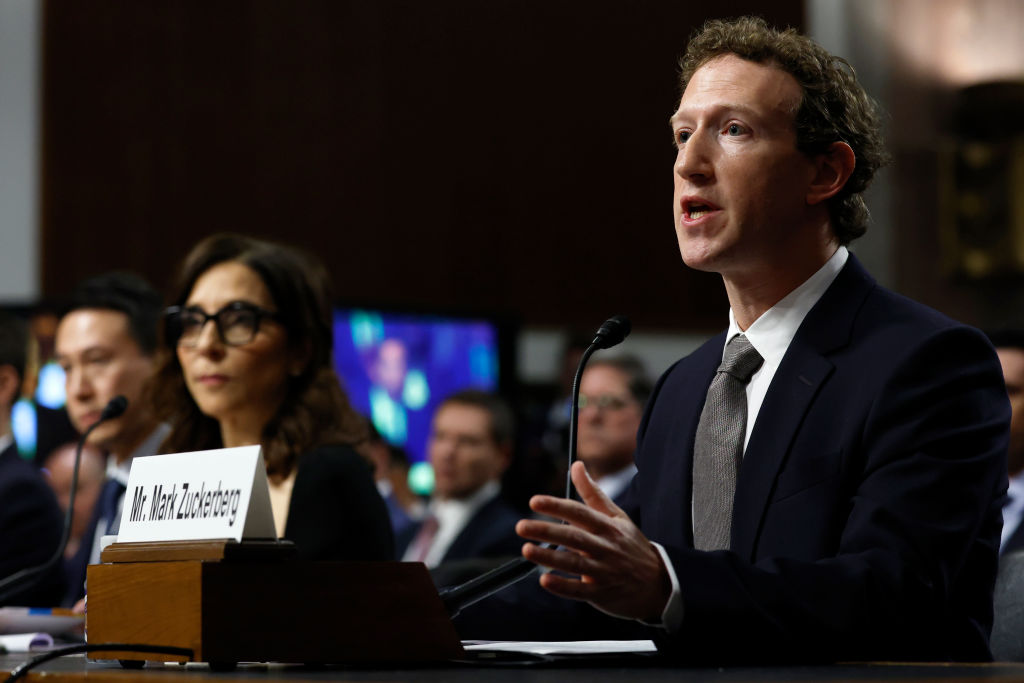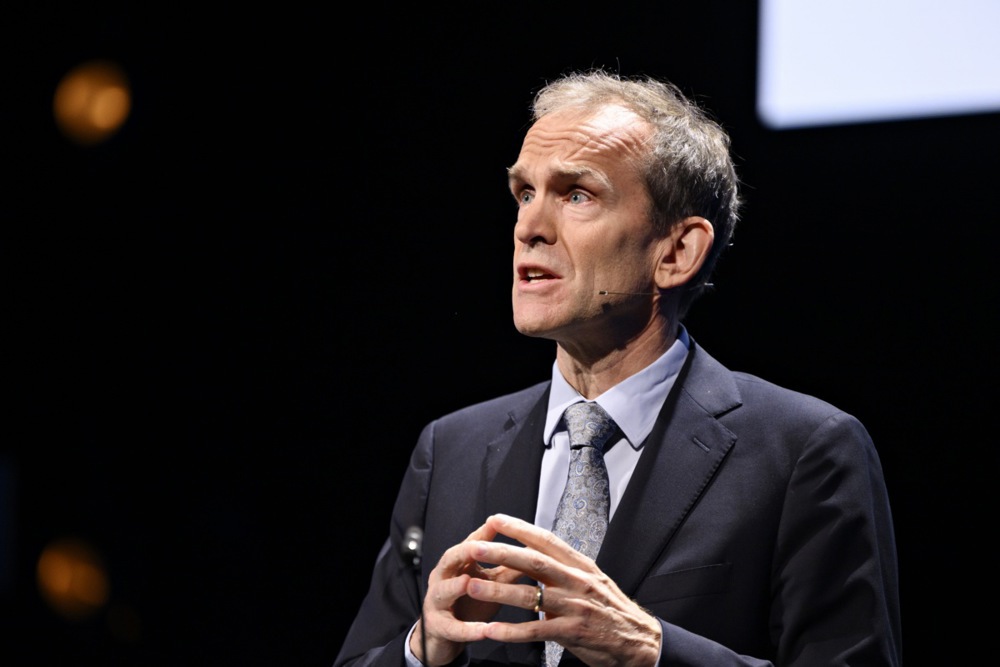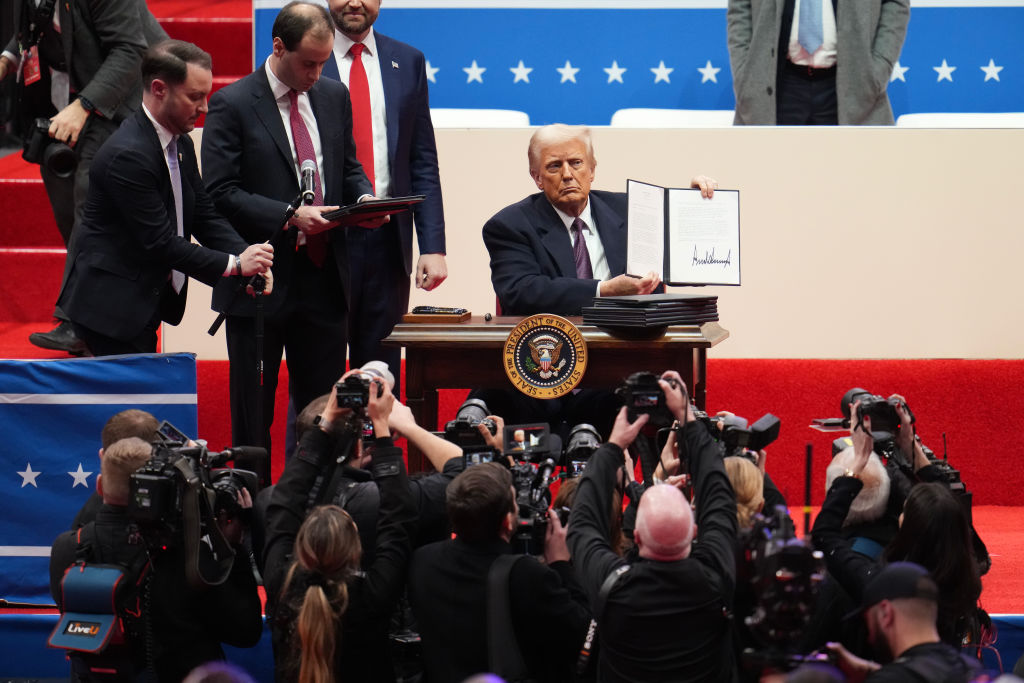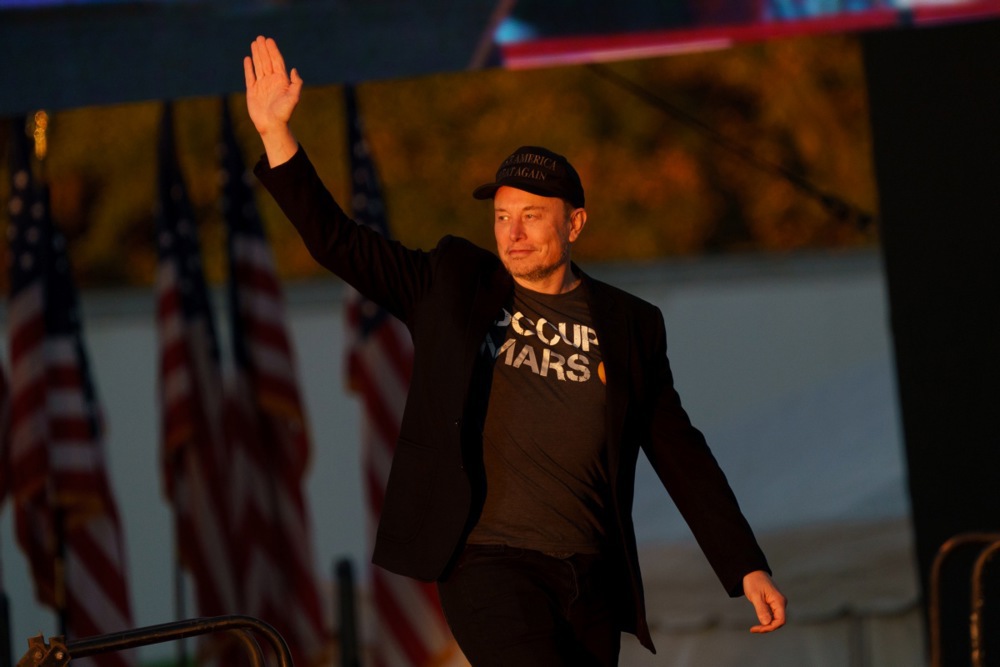The EU has given €650 million to projects combating so-called ‘hate speech’ and ‘disinformation’, one third more than it has given to transnational cancer research projects, a report said.
Dr Norman Lewis, a visiting research fellow at conservative think tank MCC Brussels and the report’s author, warned, “This is not benign”.
The Commission has funded 349 projects by non-governmental organisations and universities related to countering ‘hate speech’ and ‘disinformation’ to the tune of almost €650 million, Dr Lewis found.
This funding was 31 per cent higher than the money allocated in the same period for transnational cancer research projects, which only received €494 million, he said.
The EU has tried to create a moral panic around “disinformation” and “hate speech” to further regulate online speech, argued the report, Manufacturing Misinformation: The EU-funded propaganda war against free speech.
To this aim, the European Commission has used the Digital Services Act (DSA) as a tool to further regulate online speech, Dr Lewis argued.
“These 349 projects involve hundreds of organisations in a recursive, self-serving loop. It’s a corrupt and corrupting influence that diminishes civil society and academic integrity. There is no pursuit of truth–only alignment with a bureaucratic narrative designed to stifle opposition,” he said.
The projects were largely funded through the EU’s Horizon research programme.
Funded projects highlighted by the report included using AI and algorithms to monitor speech, classify online content and determine what was “harmful” or “untrue”.
MCC Brussels said “this campaign – under the banner of democracy – poses a serious threat to democratic values, by narrowing public discourse and suppressing dissent in favour of algorithmic governance and elite consensus.”
COMMENT: European elites are losing their grip on power because they have failed their people consistently for decades. That, not TikTok campaigns nor X algorithms, is the proximate cause of conservative populism’s rise, writes @henryolsenEPPC. https://t.co/wW8y4tnbbK
— Brussels Signal (@brusselssignal) January 14, 2025
According to the MCC, they formed “an attack on free speech” and were “an Orwellian disinformation complex to dictate and control the language of public debate”.
The projects are “designed to construct an ideological infrastructure for controlling political narratives and shaping public opinion”, it said.
While under the banner of democracy, the project posed “a serious threat to democratic values, by narrowing public discourse and suppressing dissent in favour of algorithmic governance and elite consensus”, said the MCC.
For its part, the European Commission argues the Digital Services Act (DSA) does not represent censorship, emphasising it does not target lawful speech but focuses on illegal and harmful content, aiming to balance user safety with fundamental rights.
EU officials, including Commissioner Henna Virkkunen, say the DSA protects free speech and only requires platforms to address specific issues like terrorist propaganda, child sexual abuse material, and election interference without mandating the removal of legal content.
They say the DSA sets clear, proportionate rules for platforms to manage illegal content transparently, such as notifying users about content moderation decisions and banning targeted ads for minors. It focusses on accountability while respecting freedom of expression, says Virkkunen.
However, critics like Elon Musk and Mark Zuckerberg have accused the DSA of being an instrument of censorship. Members of the US congress have made similar criticisms, with members warning the EU not to censor Americans.
Ireland has announced a swathe of online speech controls that will be applicable across the European Union as a result of the bloc’s Audiovisual Media Services Directive. https://t.co/sAZg2Aa3pb
— Brussels Signal (@brusselssignal) October 22, 2024





